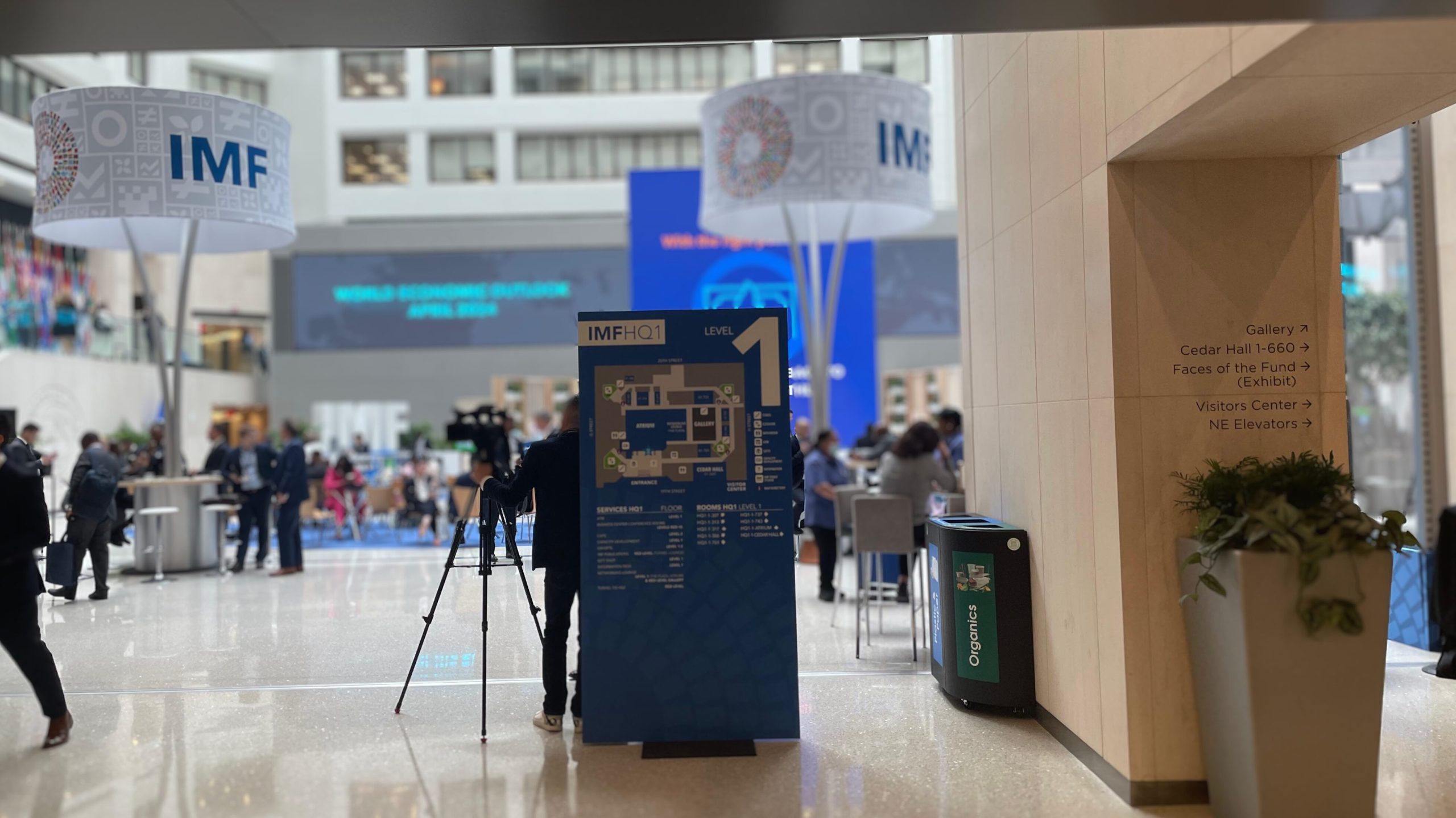Proactive Preparation: The Key to Civil Society Organizations’ Success in Engaging with the International Monetary Fund

The voice of communities is among their most valuable assets. In light of the mounting challenges facing civil society organizations in our region, strengthening their role in influencing public policy becomes ever more critical. This importance stems from the urgent need to support these organizations with practical tools that enhance their engagement with the International Monetary Fund (IMF), contributing to sustainable development and improved living conditions for citizens.
The Middle East and North Africa region is grappling with multiple social and economic crises, including poverty, unemployment, and inequality. These issues make it imperative for civil society organizations—who represent the voices of local communities—to intervene effectively. Yet for these organizations to succeed, they require innovative tools and strategies that go beyond traditional solutions.
In this context, the guidance toolkit serves as a foundational reference. It provides a framework that helps organizations understand IMF-related processes. However, relying solely on this toolkit is not enough. It must evolve to meet shifting needs, calling for practical steps rooted in lived, field-based experience.
Civil society organizations must proactively request formal meetings with IMF mission teams and ensure that their agendas include key issues affecting communities. This will strengthen opportunities to raise concerns and express priorities. Organizations must also conduct in-depth research on social and economic challenges, collect and analyze data, and develop evidence-based policy recommendations.
Civil society’s concerns must be voiced with clarity and transparency. This can be achieved by publishing op-eds and newsletters that raise awareness about critical issues facing communities. Engaging with local policymakers is also essential to ensure that civil society’s recommendations are aligned with national priorities. Such engagement increases the likelihood that civil society perspectives are included in policy discussions, and that community interests are more adequately represented.
Additionally, building alliances with other civil society organizations can enhance collective influence. Coordinated meetings to exchange information and experiences can improve the effectiveness of joint campaigns. It is also important to maintain communication with IMF resident representatives to gain early access to information about upcoming missions and policy directions, allowing organizations to plan their advocacy effectively.
Organizations should also prepare documents that clearly articulate their demands and concerns, backed by accurate and compelling data. Social justice and equity should be emphasized across all proposed policies and consistently included in discussions with IMF teams and in submitted recommendations.
Ultimately, enhancing civil society’s role in engaging with the IMF is an urgent necessity. By implementing proposals grounded in field experience, these organizations can amplify their impact and ensure that the interests of affected communities are meaningfully represented. Achieving this requires collective work and ongoing collaboration among civil society organizations—paving the way toward a more just and prosperous future for all. Investing in community voice is, in essence, an investment in a better future. History offers vital lessons on the importance of active participation in shaping policy. Communities must therefore invest in their own capacities and forge strong partnerships to ensure that social justice is achieved for those most affected.
By Ammar Alshwbi
